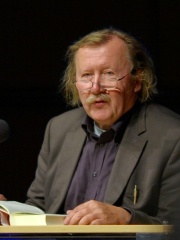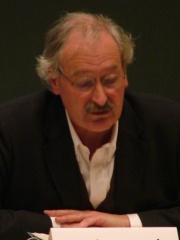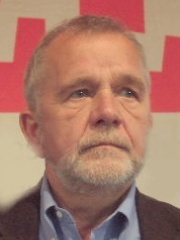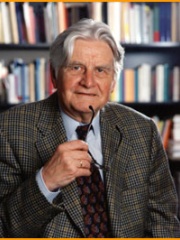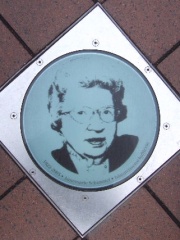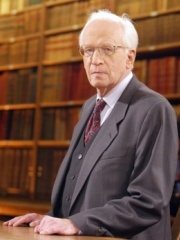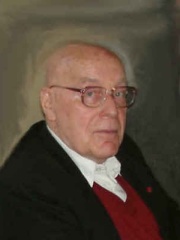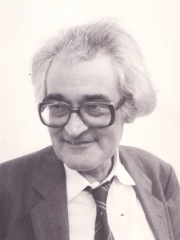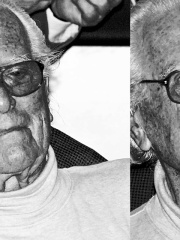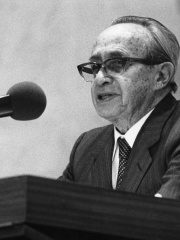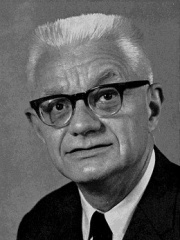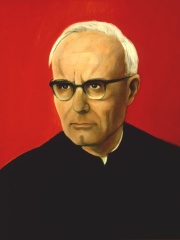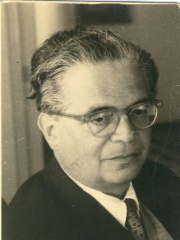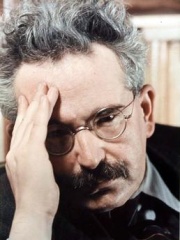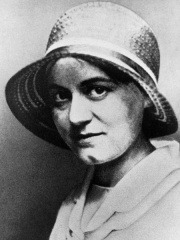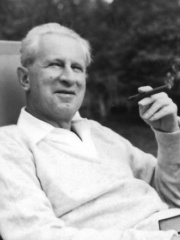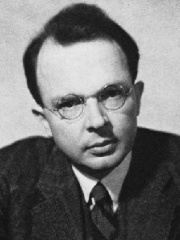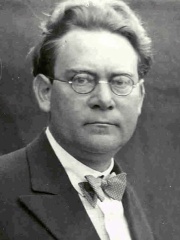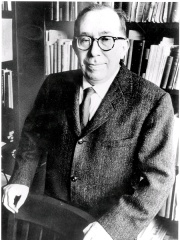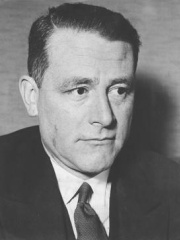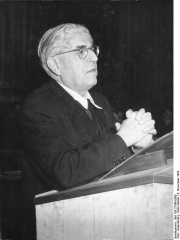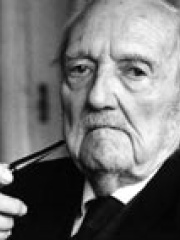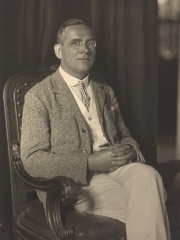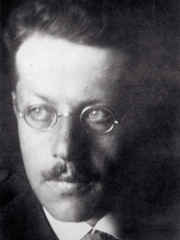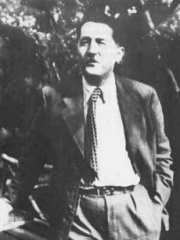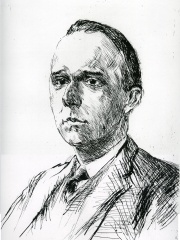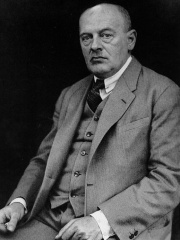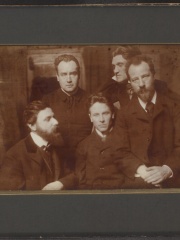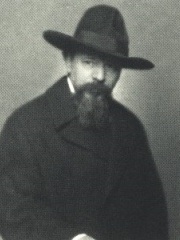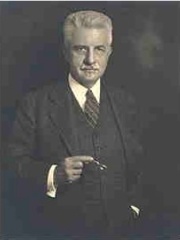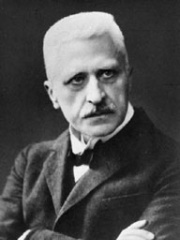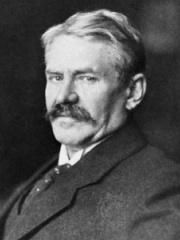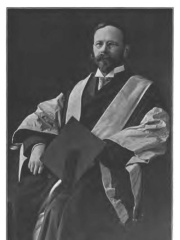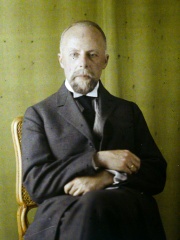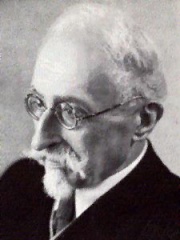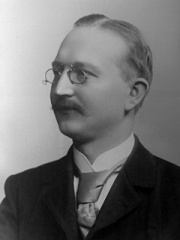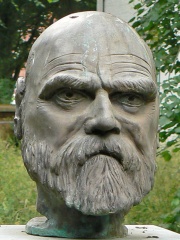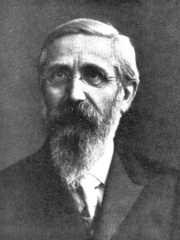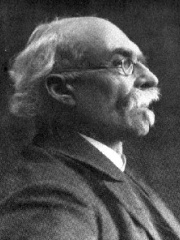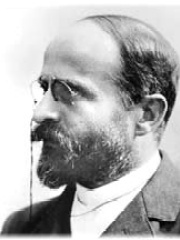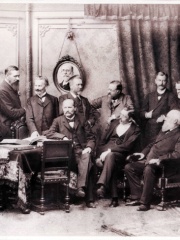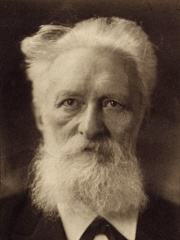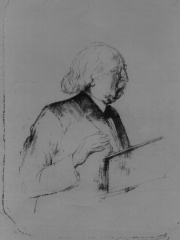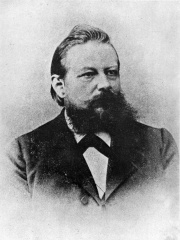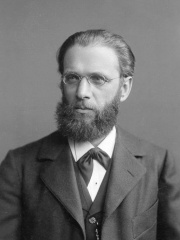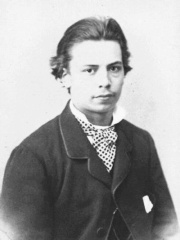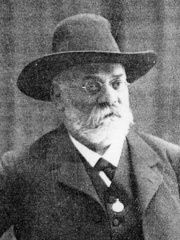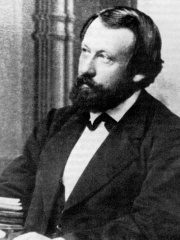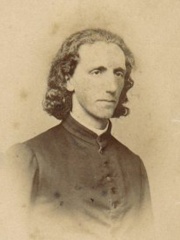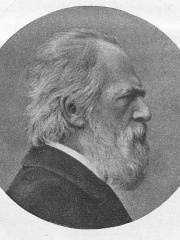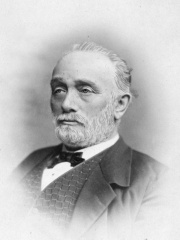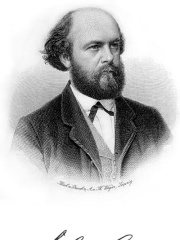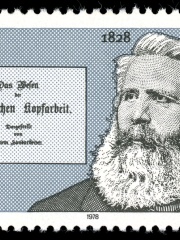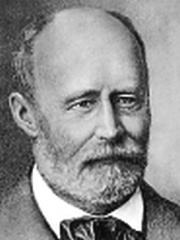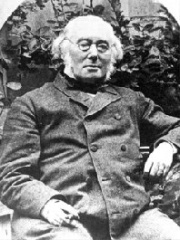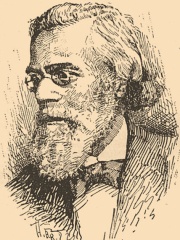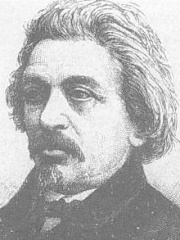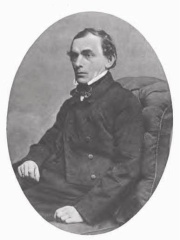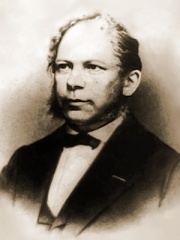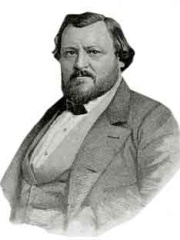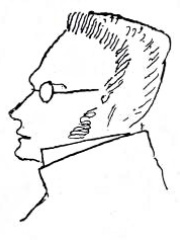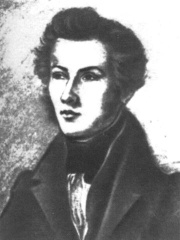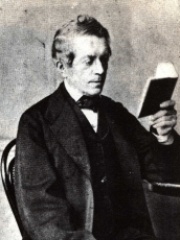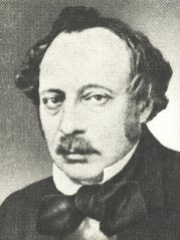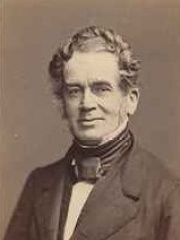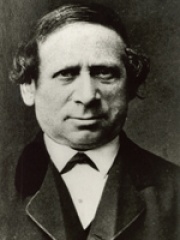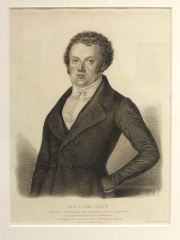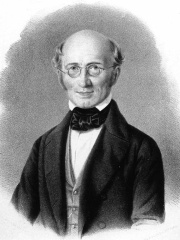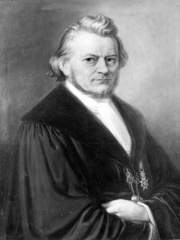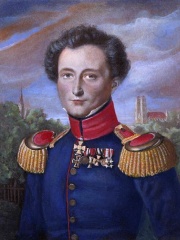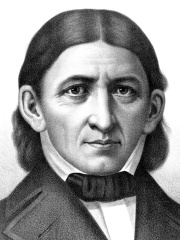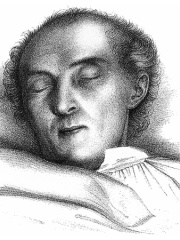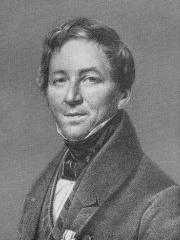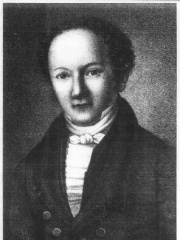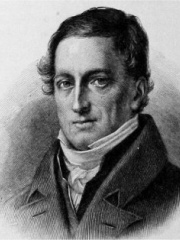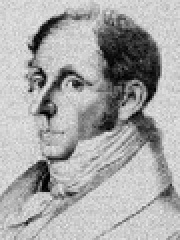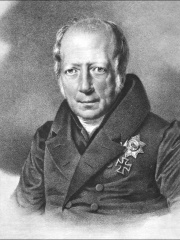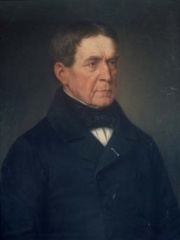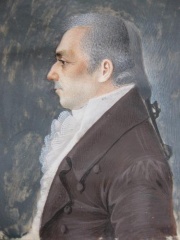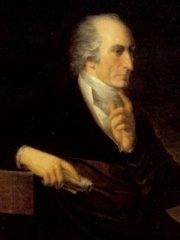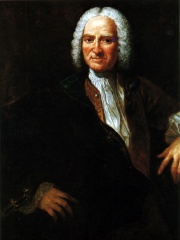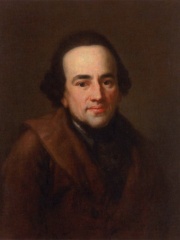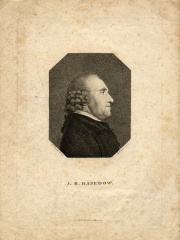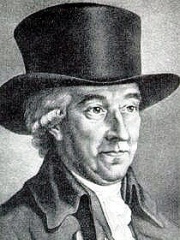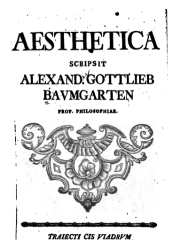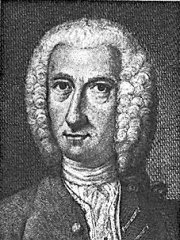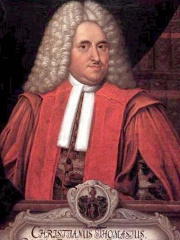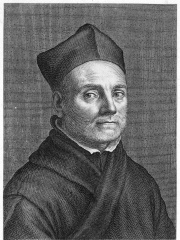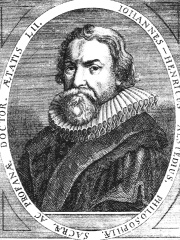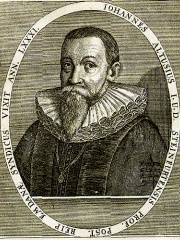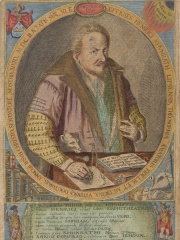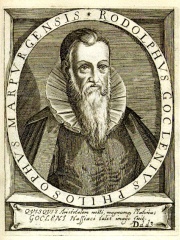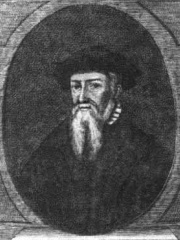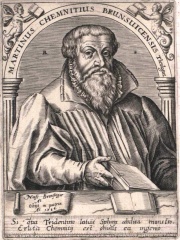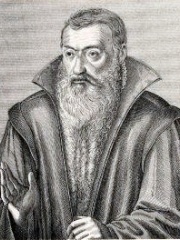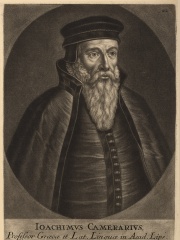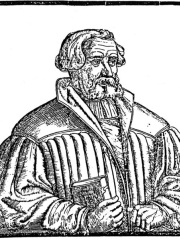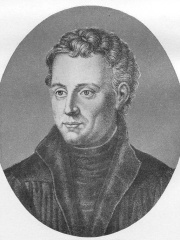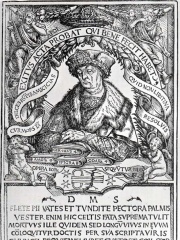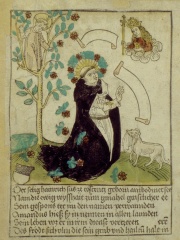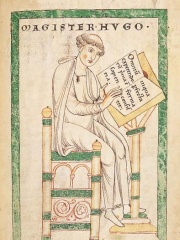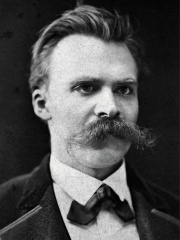

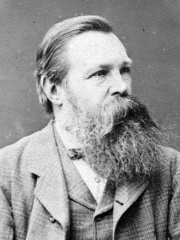

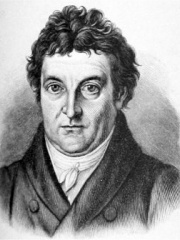
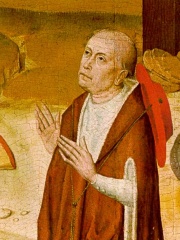
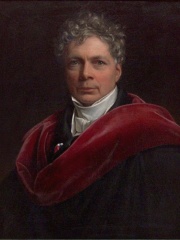
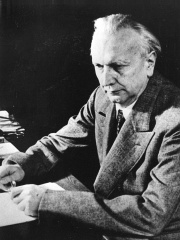
The Most Famous
Philosophers from Germany
Trending Philosophers from Germany This Week
The top 10 Philosophers from Germany trending on Wikipedia in the past 7 days, with a quick note on what drove the spike.
- #1

Friedrich Nietzsche
1844 - 1900
Trending in Polish (#18) and Portuguese (#165) Wikipedia (1,911 views, on Mar 3).
- #2

Karl Jaspers
1883 - 1969
Trending in Chinese (#155) Wikipedia (827 views, on Feb 27).
- #3
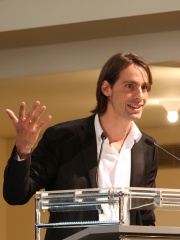
Richard David Precht
b. 1964
Trending in German (#170) Wikipedia (1,307 views, on Mar 4).
- #4
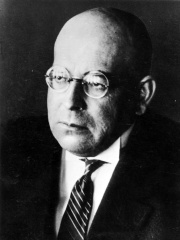
Oswald Spengler
1880 - 1936
Trending in Dutch (#221) Wikipedia (195 views, on Mar 3).
This page contains a list of the greatest Germans Philosophers. The pantheon dataset contains 1,267 Philosophers, 151 of which were born in Germany.
Top 10 Philosophers
The following people are considered by Pantheon to be the top 10 most legendary Germans Philosophers of all time. This list of famous Germans Philosophers is sorted by HPI (Historical Popularity Index), a metric that aggregates information on a biography's online popularity. Visit the rankings page to view the entire list of Germans Philosophers.
- #1

Friedrich Nietzsche
1844 - 1900
HPI 90.17174 langsNietzsche was a German philosopher who is most famous for his idea of the Übermensch.
- #2

Georg Wilhelm Friedrich Hegel
1770 - 1831
HPI 88.27137 langsGeorg Wilhelm Friedrich Hegel is most famous for his dialectical philosophy, which is a system of thought that moves through thesis,...Read moreShow less
Georg Wilhelm Friedrich Hegel is most famous for his dialectical philosophy, which is a system of thought that moves through thesis, antithesis, and synthesis.
- #3

Friedrich Engels
1820 - 1895
HPI 85.72127 langsFriedrich Engels is most famous for co-writing the Communist Manifesto with Karl Marx.
- #4

Martin Heidegger
1889 - 1976
HPI 84.92113 langsMartin Heidegger was a German philosopher who is most famous for the idea of "being-in-the-world."
- #5

Hannah Arendt
1906 - 1975
HPI 82.2991 langsHannah Arendt is most famous for her book "Eichmann in Jerusalem: A Report on the Banality of Evil."
- #6

Johann Gottlieb Fichte
1762 - 1814
HPI 81.4080 langsJohann Gottlieb Fichte is most famous for his philosophy of transcendental idealism.
- #7

Nicholas of Cusa
1401 - 1464
HPI 80.3966 langsNicholas of Cusa is most famous for his work on the infinite and the infinitesimal.
- #8

Friedrich Wilhelm Joseph Schelling
1775 - 1854
HPI 80.3269 langsFriedrich Wilhelm Joseph Schelling was a German philosopher who was most famous for his work in the philosophy of nature and the philosophy...Read moreShow less
Friedrich Wilhelm Joseph Schelling was a German philosopher who was most famous for his work in the philosophy of nature and the philosophy of mythology.
- #9

Karl Jaspers
1883 - 1969
HPI 80.2873 langsKarl Jaspers is most famous for his philosophical work in the field of existentialism. He was a German psychiatrist and philosopher who was...Read moreShow less
Karl Jaspers is most famous for his philosophical work in the field of existentialism. He was a German psychiatrist and philosopher who was active in the 20th century. He was born in Oldenburg, Germany, on October 18, 1883, and died in Basel, Switzerland, on February 26, 1969.
- #10
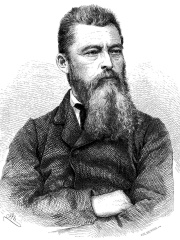
Ludwig Feuerbach
1804 - 1872
HPI 80.2273 langsLudwig Feuerbach was most famous for the idea that God is simply a projection of human qualities.
People by Birth Decade
Browse notable Germans Philosophers grouped by birth decade. Each decade shows the top 10 by HPI; expand to see everyone.
1980s(1)
1960s(1)
1950s(1)
1920s(12)
1910s(1)
1900s(10)
1890s(11)
1880s(12)
1860s(8)
1840s(9)
1820s(7)
1800s(7)
1780s(5)
1770s(6)
1760s(5)
1730s(1)
1710s(1)
1690s(1)
1650s(1)
1600s(1)
1580s(1)
1540s(1)
1530s(1)
1520s(1)
1500s(2)
1490s(1)
1480s(1)
1450s(2)
1410s(1)
1400s(1)
1310s(1)
1290s(1)
1260s(1)
1250s(1)
1090s(1)
Overlapping Lives
Which Philosophers were alive at the same time? This visualization shows the lifespans of the 25 most globally memorable Philosophers since 1700.



